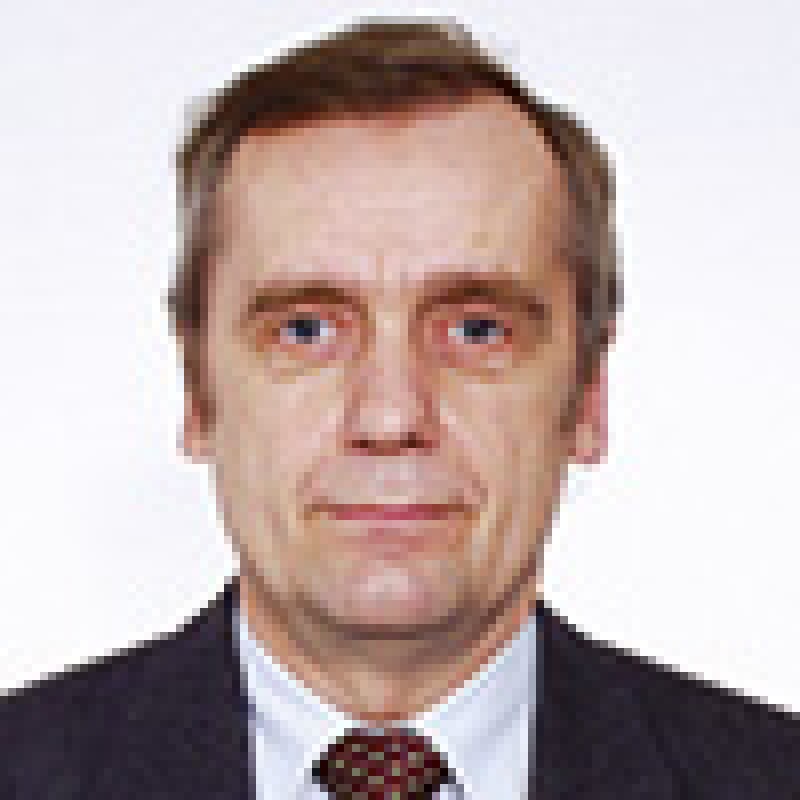Wi-Fi is perhaps one of the most famous words in the modern world. It would seem it is an acronym which it is not. It is a nonsense word. Phil Belanger, a founding member of the Wi-Fi Alliance, explained that it does not mean anything at all. It just sounds like it means something. Aside from being nonsensical it is a trade mark and thus it acquires very much sense.
A Russian confectionery company FinTour filed a trade mark application number 2013706249 with priority of February 2 2013 in respect of goods in class 30 (food products). The examiner refused the registration arguing that the designation WiFi is a trade mark owned by WiFi Alliance and widely known by Russian consumers. As a result, registration of the said designation in the name of the applicant for the goods in Class 30 would be capable of misleading consumers with regard to the producer of the goods. Besides, the intention of the applicant to register the claimed invention as a trade mark may be regarded as contradicting the public interest because the use of commercial reputation of other persons cannot be regarded as fair behaviour on the market.
The applicant appealed the decision of the examiner and pointed out that the US company Wi-Fi Alliance has a registered trade mark in Russia Wi-Fi Direct according to certificate number 471498 in respect of goods in class 9 referring to computers and software (class 38).
It is obvious that the Russian confectioner FinTour is engaged in production and selling of confectionery products so that the consumer will not be misled with regard to the producers because each of the producers has a different stratum of consumers and those consumers have different preferences. The designation WiFi is a coined designation in regard to confectionery and cannot cause false associations in respect of the producer. Nor can the name of the confectionery products provoke false associations among consumers or contradict public interest, principles of humanity and morals, and it does not offend religious feelings. The applicant, according to him, cannot use the commercial reputation of another person because he is the first and the only producer of original confectionery products under the name WiFi on the Russian market and that designation was used by him even before the filing date of his trade mark application and earned high reputation over the years of his business in the field of confectionery production.
As a result, the Collegium of Patent Office was convinced by the applicant's arguments and decided in favour of the applicant. Finally, the Patent Office granted the registration of the trade mark WiFi for confectionery.
For the outside observer this decision is double edged. Arguments can be put forward on both sides. One of the arguments was that the consumers of the goods (computers and confectionery) are different. It is not clear why the Patent Office ruled out the situation in which a computer wizard clicks on the mouse of his computer and drinks coffee with candies to push sleep away.

|
Vladimir Biriulin |
Gorodissky & PartnersRussia 129010, MoscowB. Spasskaya Str25, stroenie 3Tel: +7 495 937 6116 / 6109Fax: +7 495 937 6104 / 6123pat@gorodissky.ru www.gorodissky.com










